Telehealth in Addiction and Eating Disorder Recovery

Telehealth allows a therapist or other medical professional to meet with clients using a live video connection. Using technologies such as videoconferencing, smartphone applications, and web-based tools, professionals can deliver health services remotely. The therapist and client still see and talk to each other in real time but without the need for the client to […]
Individual and Group Therapy for Addiction

The nature of addiction, including the way it changes the brain, can make it challenging to overcome without help. A combination of psychotherapy, support group participation, and, in some cases, medication, have consistently yielded the highest long-term recovery rates. Most recovery treatment programs include both individual and group therapy sessions as the foundation of the […]
Experiential Therapy for Addiction

Experiential therapy guides clients in the use of expressive tools and activities to re-experience emotions tied to past situations and relationships. Through psychodrama, use of props, creative arts, music, guided imagery, equine or canine therapy, wilderness experiences, ropes course, or another experiential method, clients learn to identify, explore and release specific emotions. Unlike psychotherapy, which […]
Behavioral Therapy for Addiction
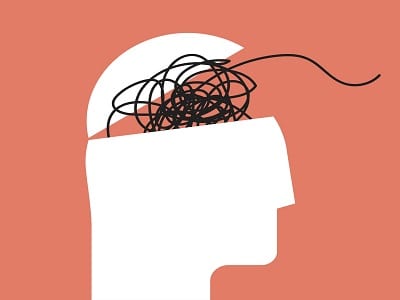
Behavioral therapies are based on the belief that behavioral patterns are often learned and may be linked to past conditioning and environmental influences. The goal of behavioral therapy is to reinforce positive behaviors and to eliminate those that are unhealthy or dysfunctional. Unlike psychoanalysis, behavioral therapies often focus more on current problems and how to […]
Humanistic Therapy and Motivational Interviewing for Addiction Recovery

A 2017 National Institute on Drug Abuse survey found about 20.7 million people aged 12 and over needed treatment for substance use dependency in the previous year. However, only about 12 percent of those identified received any treatment. This is especially damaging as addiction treatment incorporates a wide variety of emotional, mental, and physical support, […]
Psychodynamic Therapy and Psychodrama for Addiction Recovery

Our past experiences exert a powerful, often unconscious, influence on our thoughts, beliefs, emotions, and behaviors. In fact, psychoanalysts like Freud believed that the unconscious mind is the primary source of human behavior. Because addiction is strongly influenced by our unconscious beliefs, approaches that seek to reveal the unconscious mind, like psychodynamic therapy and psychodrama, […]
Trauma Therapy for Addiction
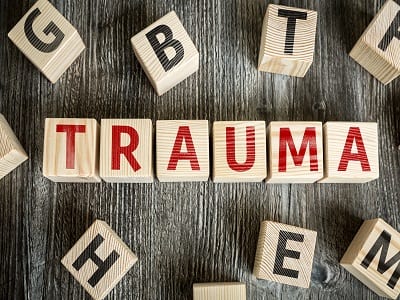
Trauma results from events or situations an individual perceives as physically or emotionally harmful or life threatening. A traumatic event may include child or domestic abuse, child abandonment or neglect, combat, sexual or physical assault, natural disasters, serious accidents, or another source. When adverse symptoms linked to the traumatic event persist or worsen over time, […]
Art Therapy for Addiction

Art therapy encourages the use of expressive tools and activities to facilitate recovery from substance use and other mental disorders. This therapy allows clients to process negative emotions or traumatic events in a relaxed, less direct manner. Clients may choose to express their creativity through art forms like painting, sculpting, drawing, writing stories or poems, […]
Alcohol Sales Spike Since COVID-19

The public health crisis caused by COVID-19 continues to adversely affect many individuals both physically and emotionally. Unfortunately, fear, isolation, financial insecurity, boredom, and worry over their own health or the health of others has pushed some to increase their use of alcohol. Nielsen, a well-known consumer research organization, reports a 27% rise in alcohol […]
What You Need to Know About Smoking Risks

Statistics regarding the risks of smoking are grim. Close to a half million people in the U.S. die each year from tobacco-related causes. Half of those who fail to kick the habit will die from tobacco use. More Americans die from cigarette smoking than alcohol, car accidents, HIV, guns, and illegal drugs combined. Whether it’s […]
Why Healing the Spirit is Important to Recovery

When we are spiritually healthy, we are also living in harmony with our value system. If our behavior is in line with our personal ethics and morals, we are more likely to experience inner peace. Anyone can be spiritually healthy, whether or not they believe in a particular religion or spiritual tradition. In order to […]
Why Healing the Body is Important to Recovery
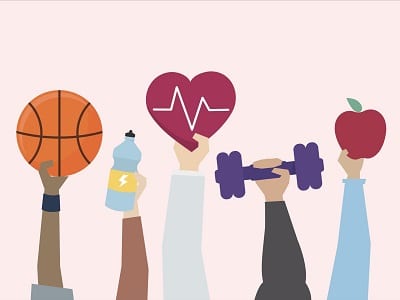
Eating disorders or misuse of drugs or alcohol can dangerously impact physical health. Eating disorders can lead to severe digestive issues, including malnutrition and starvation. Drugs and alcohol bombard the body with toxins, damaging organs, and weakening the immune system. Both substance use disorder (SUD) and eating disorder (ED) cause nutritional deficiencies which can compromise […]
Why Healing the Mind is Important to Recovery

Successful recovery comes from the harmonious balance of mind, body, and spirit. Because every aspect of our physical being is interconnected, all aspects must be healthy in order to achieve a healthy whole. Multiple studies support the relationship between addiction and a struggling mind. Emotional trauma, depression, anxiety, poor self-esteem, the mental damage from social […]
Introduction to the Mind, Body, Spirit Approach to Wellness
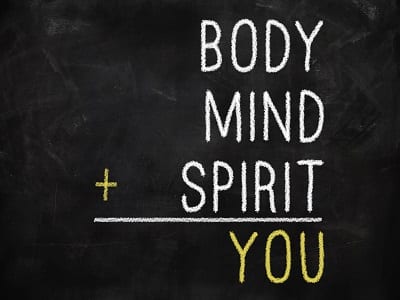
Optimum health is most attainable when your mind, body, and spirit are in alignment. This balance is more readily achieved through a holistic approach, which is healing that addresses the whole person, in conjunction with traditional medicine. Traditional medicine often focuses on treating an illness, including substance use or mental disorders, solely from a physical […]
What is Gambling Addiction?

A gambling addiction, also called gambling disorder, is the compulsive need to gamble despite negative consequences. Characterized by a lack of impulse control, the disorder drives a person to continue the gambling behavior even when it damages relationships, finances, and work or school performance. Warning Signs of a Gambling Addiction The Diagnostic and Statistical Manual […]
Substance Use Disorder and Eating Disorder as a Dual Diagnosis

Dual diagnosis, also called a co-occurring disorder, means a person suffers from both a substance use disorder (SUD) and mental disorder simultaneously. Although one or the other may have developed first, both disorders are now present. Either disorder can mask or worsen the symptoms of the other disorder. Eating disorders (ED) are one form of […]
Understanding the Dangers of Isolation in Recovery

The Substance Abuse and Mental Health Services Administration (SAMHSA) defines recovery as “a process of change through which individuals improve their health and wellness, live a self-directed life, and strive to reach their full potential.” SAMHSA’s guiding principles for recovery emphasize the importance social interaction plays in the recovery process. It’s estimated that the relapse […]
Dealing with Stress During Recovery

It’s impossible to live a completely stress-free life. Whether it’s due to anxiety over an upcoming event or related to moments of fear or worry, stress affects us mentally and physically. At some point in our lives, most of us have experienced stressful situations stemming from relationship conflicts, financial insecurity, health challenges, school or job […]
How is the Coronavirus Affecting People in Recovery?

These are uncertain times as people around the world seek to protect themselves and loved ones from the coronavirus, named COVID-19 by the World Health Organization. The current health crisis can be especially challenging for those in recovery from an alcohol or substance use disorder. COVID-19 is particularly dangerous for those over 65 and those […]
Turning Point of Tampa’s Response to Covid-19
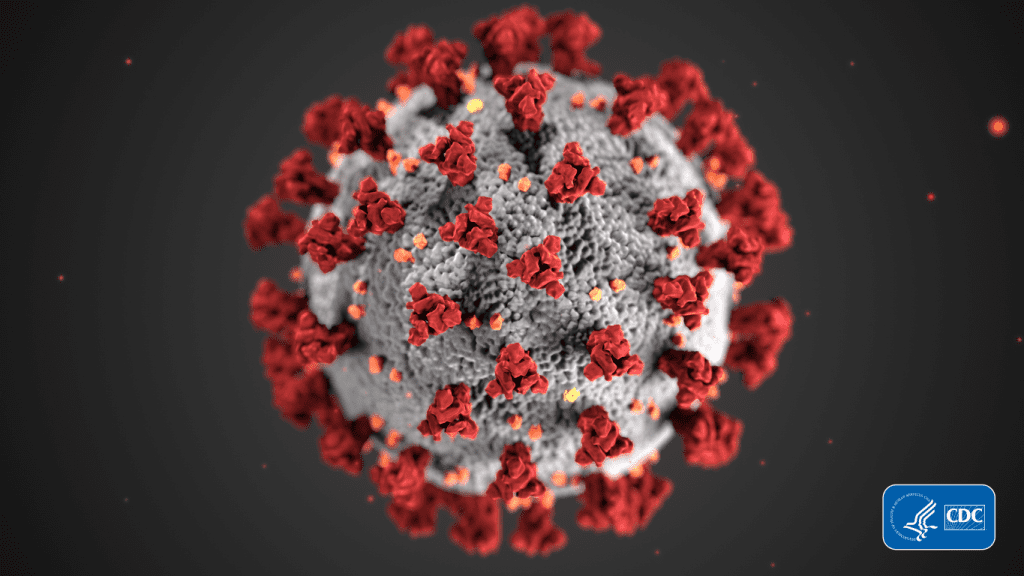
As concern grows over the Coronavirus (COVID-19) outbreak all over the United States and the world, we are acutely aware of the need for increased universal precautions. The health and safety of our clients and staff are of the highest priority for us. Our services are considered “essential” and we will continue to make our […]
What Is Equine Therapy?

Equine therapy is an experiential treatment method that uses the connection between people and horses to enhance physical or emotional healing. Different forms of equine therapy may be used depending on client needs. There are several different forms of equine-related therapy and treatment. These include: Equine-assisted psychotherapy (EAP) Hippotherapy Therapeutic Riding Equine-assisted psychotherapy (EAP) focuses […]
A Brief History of Al-Anon and Nar-Anon

Alcoholics Anonymous (AA) was founded in 1935 to enable members to “stay sober and help other alcoholics achieve sobriety.” By the 1950s, the 12-step support program pioneered by AA was popular worldwide. Because AA focuses only on alcohol, and not on drug use, James Patrick Kinnon, known as “Jimmy K,” founded Narcotics Anonymous (NA) in […]
A Brief History of Narcotics Anonymous

James Patrick Kinnon, known as “Jimmy K.”, is commonly credited with founding Narcotics Anonymous (NA) in 1953 in Los Angeles, California, for the purpose of helping its members stop using addictive substances. At the time, Alcoholics Anonymous had been in existence for almost 20 years, gaining international recognition for helping its members stop using alcohol. […]
Is Group Counseling Effective?

Many people wonder if group addiction counseling is as effective and efficient as a one-on-one with a professional. Here’s the breakdown: What is group counseling? Group counseling typically convenes up to ten people within the same session. A certified, professional leader—typically a therapist or counselor—will moderate the sessions. These sessions can range from delving into […]

